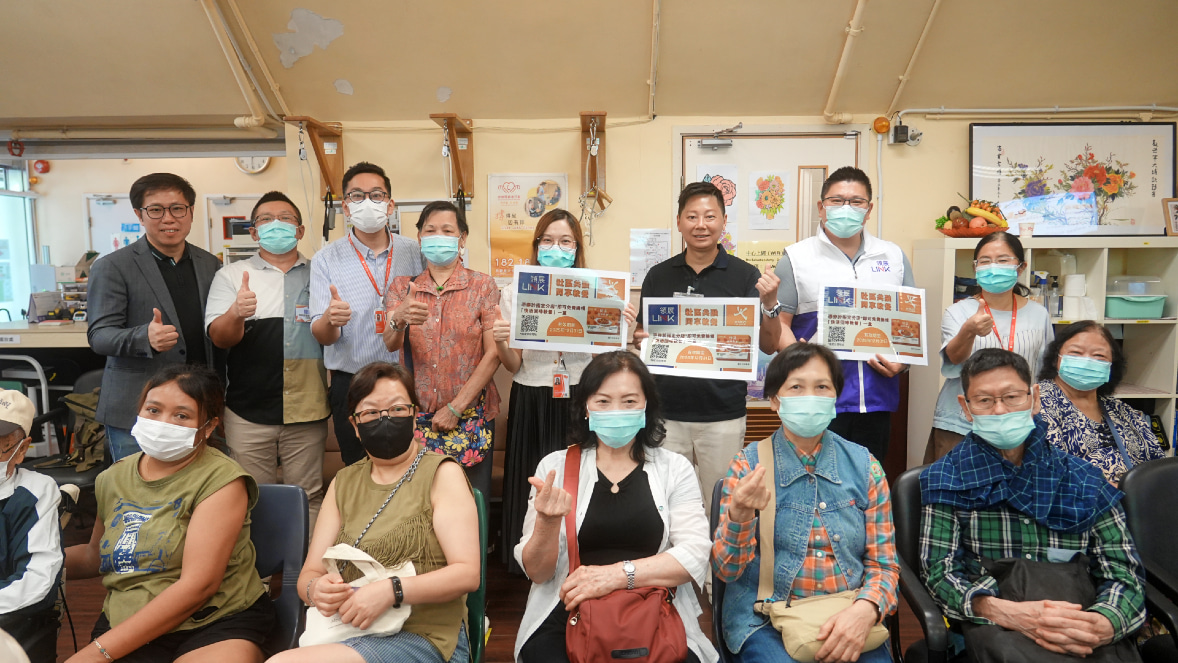
For many older adults, challenges such as swallowing difficulties and tooth loss can significantly affect their ability to enjoy food. However, the emergence of innovative soft meals is restoring the pleasure of eating – making flavourful, nutritious meals more accessible to seniors.
For the first time, Link is partnering with the Salvation Army Tai Po Integrated Service Centre for Senior Citizens to promote greater awareness of these dietary options. Together, they hosted a community event entitled “Worry-Free Swallowing: Understanding Soft Meals and Elderly Health Talk” at a local day care centre. Registered social workers were invited to share insights into the nutritional value and latest advancements in soft meal development, addressing both elderly attendees and their carers. To enrich the experience, soft meal vouchers were also distributed, offering seniors a valuable opportunity to taste these carefully crafted dishes for themselves.
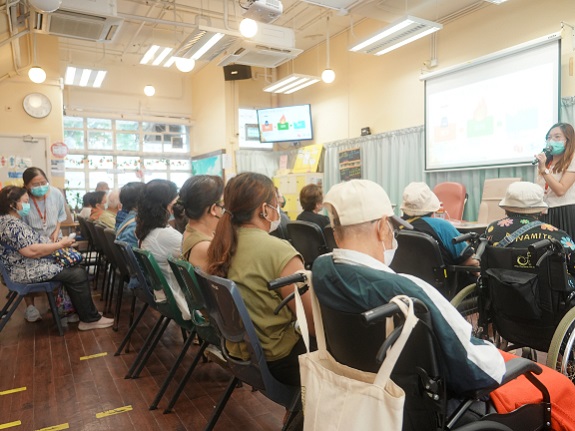
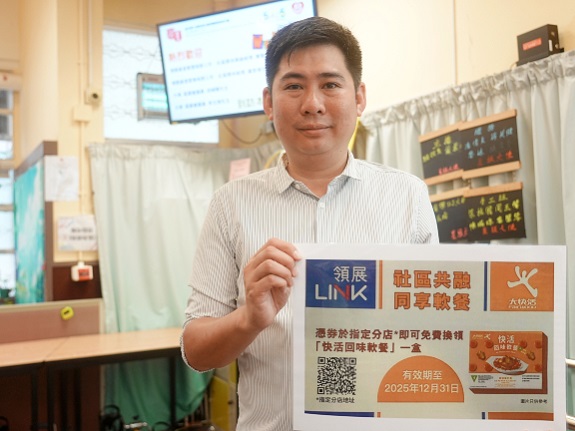
Tai Po District Councillor Wu Cheuk-him, who attended the event, praised Link’s collaboration with a frontline NGO to raise awareness about soft meals among seniors and their carers. He noted that such initiatives help to dispel common misconceptions – that soft meals are limited to bland, unappealing purées. Instead, these meals are thoughtfully designed to meet nutritional needs while offering enjoyable textures and flavours.
“Some carers accompanied the elderly to the talk,” Councillor Wu observed. “After learning how soft meals can enhance seniors’ eating experiences, many expressed interest in learning how to prepare them at home, hoping to help their loved ones eat well and enjoy their meals in their later years.” He expressed hope that Link will continue partnering with elderly care organisations to advocate for soft meals across the wider community, thereby enriching the lives of seniors through accessible, dignified and nutritious dining options.
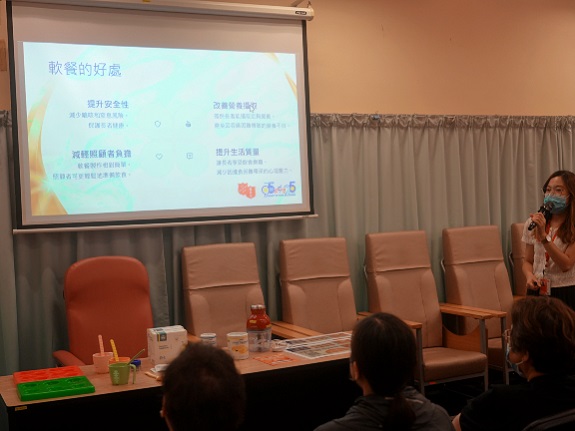
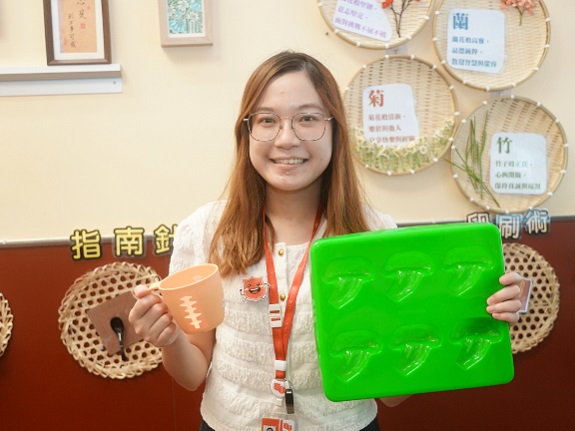
While raising awareness is an important first step, incorporating soft meals into seniors’ daily diets remains a significant challenge. Poon Suk-ping, a registered social worker from the Salvation Army, noted that commercially produced soft meals are often prohibitively expensive for elderly individuals and families on limited incomes. To help bridge this gap, the organisation has introduced practical workshops aimed at teaching seniors and their carers how to prepare soft meals themselves.
“Many of the families we support come from grassroots backgrounds,” Poon explained. “By learning both the preparation techniques and nutritional principles behind soft meals, they are empowered to recreate these dishes at home. This not only offers a more economical alternative but also helps integrate soft meals into everyday life – ultimately improving accessibility for elderly individuals who might otherwise be excluded.”
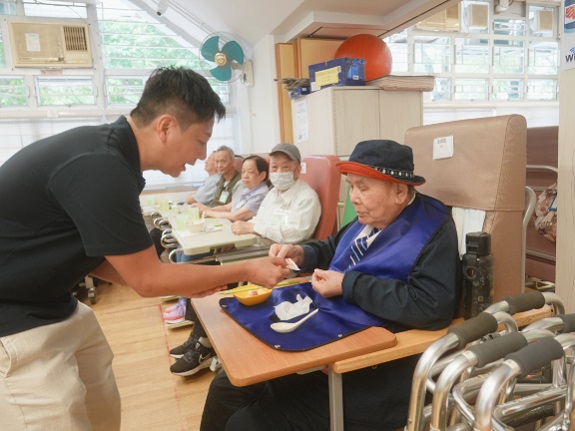
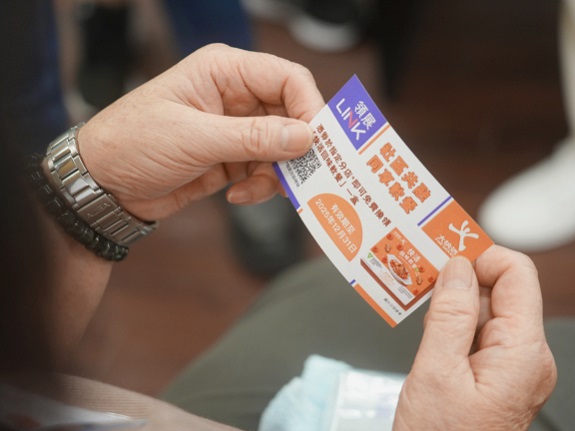
Among the event’s participants was Madam Wan, who experiences ongoing difficulties with swallowing. Having never tried soft meals before, she expresses keen interest upon learning that soft meals can be moulded to resemble familiar dishes such as chicken legs and barbecued pork. “I’m looking forward to using the soft meal voucher I received,” she said. “I hope I’ll enjoy the taste.”
Another attendee, Mr Leung, had encountered more traditional soft meals during a stay in a care home following an illness. The presentation piques his interest in the growing variety of modern soft meals now available on the market. For him, enjoying food remains an essential component of well-being in later life. “Today’s session expanded my understanding of soft meals,” he reflected. “I’m now curious to try the soft meals offered by fast food outlets and other eateries. After all, we eat several times a day – having flavourful, satisfying meals isn’t a luxury, but a universal human desire, regardless of age.”